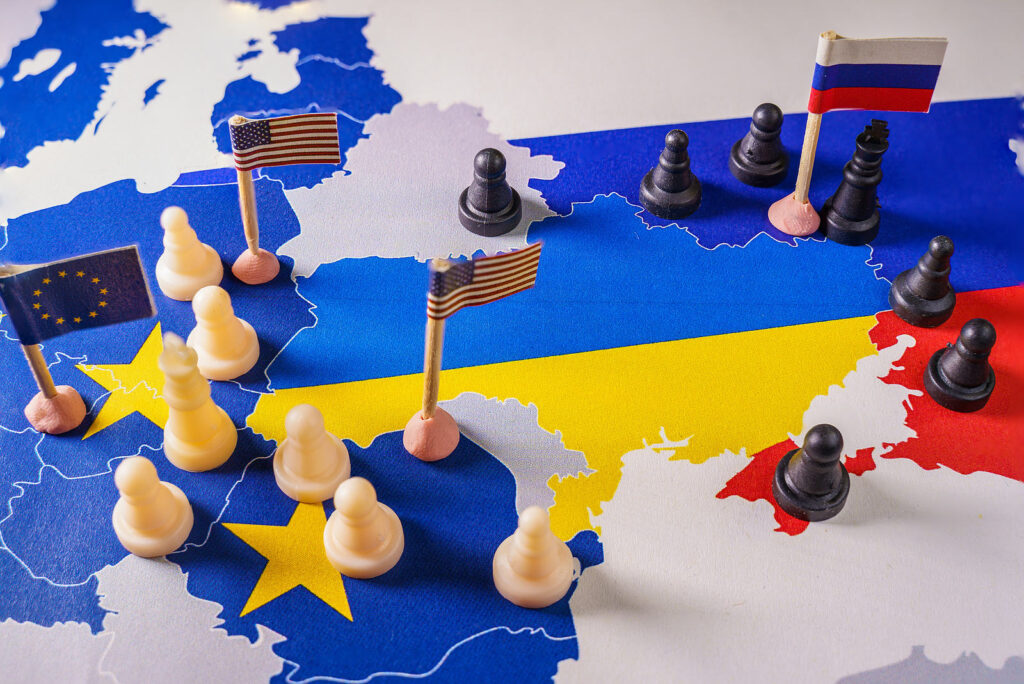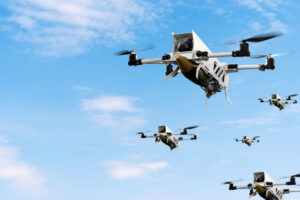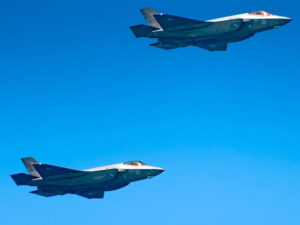Russian President Putin is showing clear signs of desperation over his failing attempt to reintegrate Ukraine into a regenerated Russian Empire.
He is firing generals left and right, issuing orders to shoot Russian soldiers who retreat or surrender, ordering a 300,000-man partial mobilization, annexing territory the Ukrainians are in the process of liberating and threatening to defend it all with nuclear weapons. These are hallmarks of desperation as Putin grapples with his failure to accomplish any of his announced objectives.
And with the mobilization, which is beginning to look like another failed effort, he has now brought the war home to Russia, generating large-scale street demonstrations and causing large numbers of military-age males to flee Russia.
This mobilization is unlikely to provide large numbers of trained and ready units anytime soon that Putin seeks to feed into the failing fight. As we learned in the U.S. Army’s infantry officer advanced course, it is always a bad idea to reinforce failure. Putin is electing to do just that.
This is the time to mount pressure on Putin while supporting the Ukrainians.
The West must increase assistance to Ukraine, allowing them to reinforce their successful counter offensive and drive Russian forces out of the annexed territory before Russia can bring additional forces to bear.
Ukraine is asking for more modern fighter aircraft, tanks and more air defense capabilities – but the U.S. and some NATO allies are unsure about the extent of support to provide. We should coordinate with our allies and end the delay in giving these brave Ukrainians our full support as they fight to take back their country.
Alongside a new phase of more robust military support, we should also end the incremental dribbling of sanctions. Sanctions take time to work, and they are starting to have an impact on the Russian economy. Doling them out piecemeal after every new Russian outrage just allows Russia time to adapt.
Case in point is the recent response to Putin’s move annexing Ukrainian territory. The U.S. and the European Union implemented additional sanctions, the most important of which are the new sanctions the U.S. levied against 57 entities supporting the Russian war effort.
But why didn’t the Biden administration act sooner and put these in place months ago? If there are any Russian banks and major corporations that support the Russian military that are not already sanctioned, the administration should act against them now.
Another reason to seal off Russian financial institutions from involvement in international banking structures is because sanctions are starting to bite on the battlefield. They are impacting the Russian army’s ability to obtain repair parts and forcing them to take older and less capable equipment out of storage. So, while Ukraine is getting a steady stream of modern equipment from the West, Russia is resorting to outdated equipment.
The pressure is getting a reaction. Putin is rattling his nuclear saber as his army faces setbacks. One major concern is that Russian military doctrine underpinning the threats employs a strategy of “escalating to deescalate” should they ever be losing in a conventional war. In other words, Russia at least implies it may use nuclear weapons to get an adversary to back down in a conventional fight.
Numerous exercises have demonstrated that theories about controlling escalation through “nuclear signaling” and “escalating to deescalate” fail the practical realism test. Once the nuclear threshold is breached, it’s “Katie, bar the door.” In reality, a nuclear power can have no idea how an opponent will respond to nuclear use because they have no clear understanding of the decision-making pressures under which the other is operating.
So will Putin use nuclear weapons? It’s unlikely he wants to take a leap into that unknown. No matter how bad Putin’s situation becomes at the conventional level, it won’t be improved by using nuclear weapons. If he is unwise enough to employ weapons of mass destruction, the U.S. and allies will respond decisively in measures that would have “catastrophic consequences for Russia,” according to Jake Sullivan, the president’s national security advisor.
Ideally, the U.S. and NATO should respond to any nuclear use with a massive conventional air attack to destroy all Russian forces on Ukrainian territory. Then send a very blunt message to Putin: “You just lost your army; what do you want to lose next?”
Some argue that it’s dangerous to back Putin into a corner through greater military support to Ukraine and stronger sanctions. But Putin has backed himself into this corner. We are in a street fight with a bully, and if we back down because of threats, Russia and others will continue to use them to extort what they want in the future.







